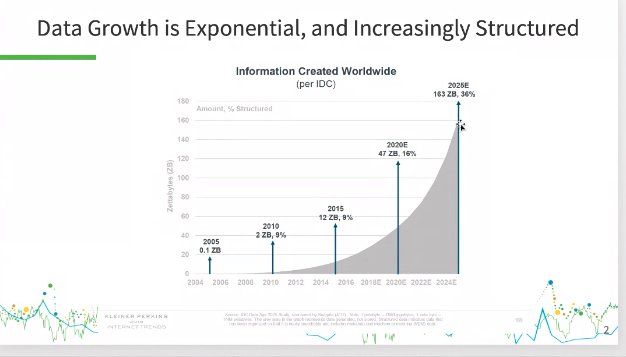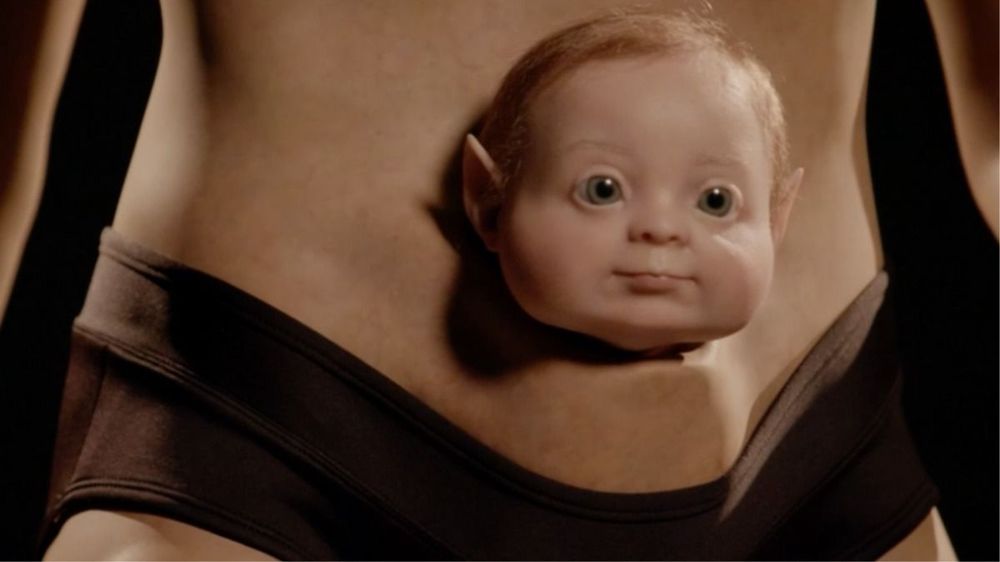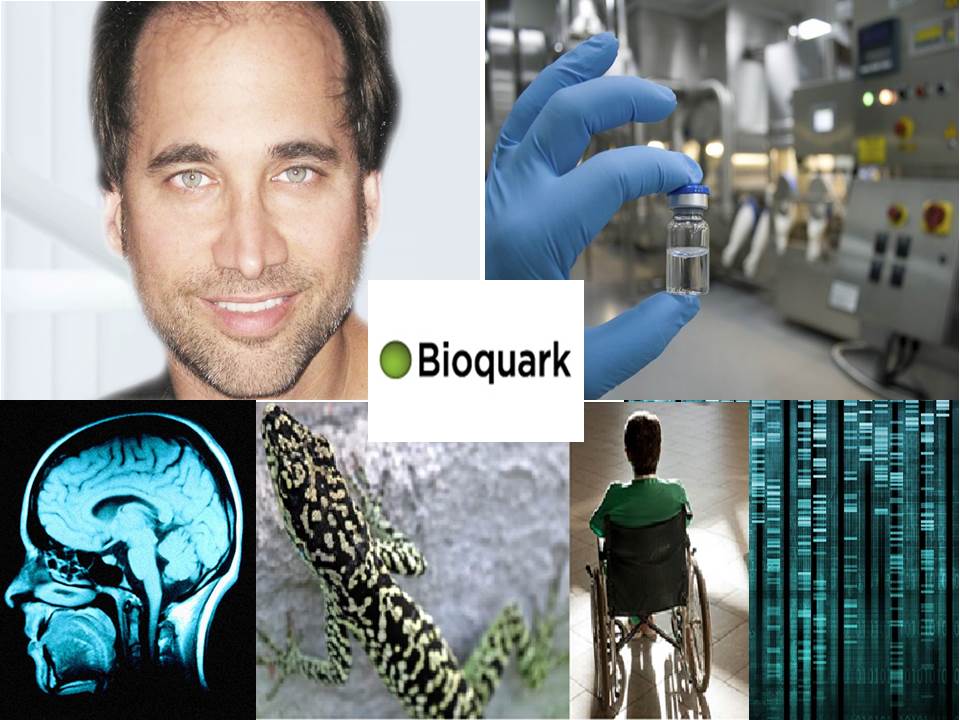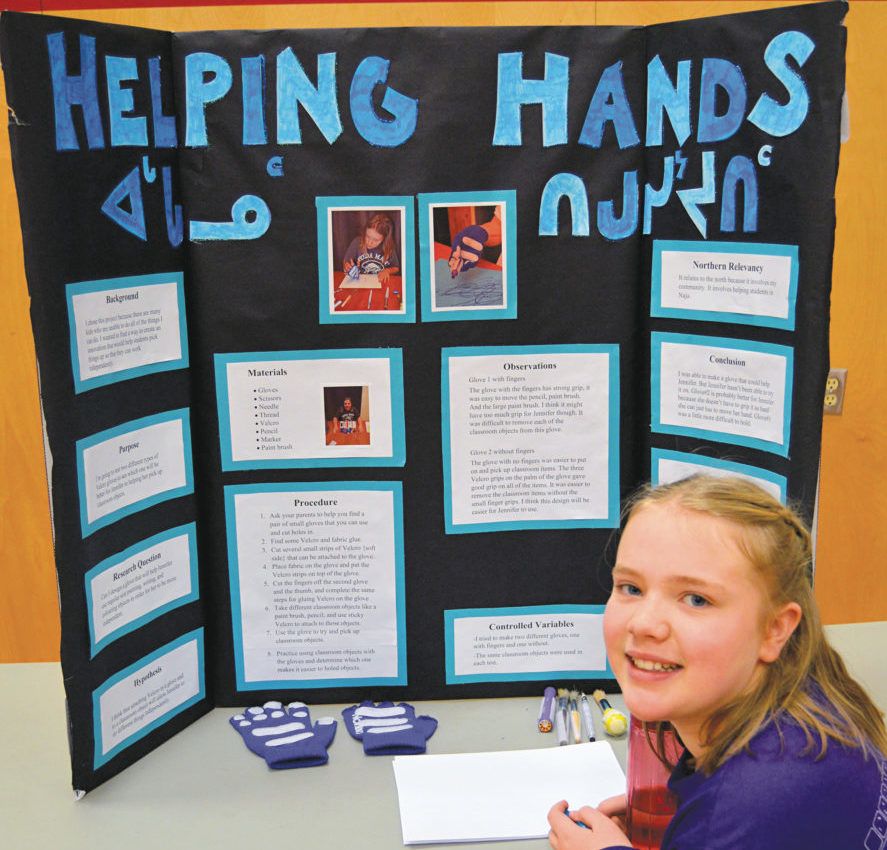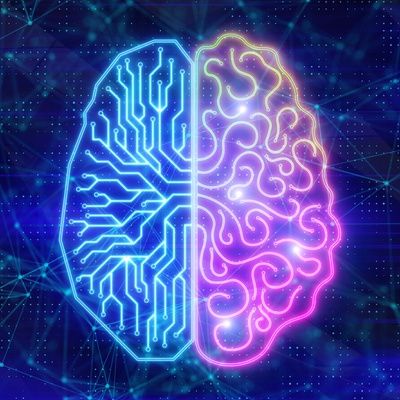Archive for the ‘science’ category: Page 97
Jan 7, 2019
Industry Predictions: AI, Machine Learning, Analytics & Data Science Main Developments in 2018 and Key Trends for 2019
Posted by James Christian Smith in categories: robotics/AI, science
This is a collection of data science, machine learning, analytics, and AI predictions for next year from a number of top industry organizations. See what the insiders feel is on the horizon for 2019!
Data Science Salon Austin, Feb 21–22 — Register Now
Jan 7, 2019
Participate in Citizen Science Day 2019
Posted by Genevieve Klien in categories: biotech/medical, science
 With support from the National Network of Libraries of Medicine, the School for the Future of Innovation in Society at Arizona State University and SciStarter invite libraries to be part of Citizen Science Day on April 13. Now in its third year, Citizen Science Day is expanding to include meetups and events with a special focus on supporting libraries to involve their communities in authentic science projects in need of their help. The signature event this year will be the “Stall Catchers Megathon” by the Human Computation Institute. Complete the registration form to sign up.
With support from the National Network of Libraries of Medicine, the School for the Future of Innovation in Society at Arizona State University and SciStarter invite libraries to be part of Citizen Science Day on April 13. Now in its third year, Citizen Science Day is expanding to include meetups and events with a special focus on supporting libraries to involve their communities in authentic science projects in need of their help. The signature event this year will be the “Stall Catchers Megathon” by the Human Computation Institute. Complete the registration form to sign up.
Jan 6, 2019
The science stories likely to make headlines in 2019
Posted by Derick Lee in categories: cosmology, policy, science
Scientists in Europe and the United States face an uncertain political landscape in the new year, which could affect funding and collaborations. The threat is most acute in the United Kingdom, which plans to exit the European Union in March but has not settled on the terms of its departure. Some big research findings could share the headlines, however, including the first clear images of the supermassive black hole at the heart of our galaxy, from astronomers in an international collaboration called the Event Horizon Telescope. Science’s news staff forecasts other areas of research and policy likely to make news this year.
Science’s news editors and writers predict this year’s biggest developments.
Dec 29, 2018
Science Has Gone Too Far: This Is Apparently the ‘Perfect Human Body’
Posted by Mike Ruban in category: science
Anthropologist Alice Roberts and a team of SFX model makers designed the “perfect human,” and it’s fucked up.
Dec 28, 2018
Ira Pastor — Authority Magazine — Bioquark Inc.
Posted by Ira S. Pastor in categories: aging, bioengineering, biological, biotech/medical, business, cryonics, DNA, health, life extension, science
Thanks to Authority Magazine and Fotis Georgiadis for the interview — Bioquark inc. (http://www.bioquark.com) — Regeneration, Disease Reversion, Age Rejuvenation — https://medium.com/authority-magazine/the-future-is-now-we-a…cc6dc8ebf1
Dec 28, 2018
What to expect in 2019: science in the new year
Posted by Derick Lee in categories: genetics, science
China could emerge as the world’s biggest spender on research and development, after adjusting for the purchasing power of its currency, once countries publish their 2018 spending data in late 2019. Outlays on science in China have accelerated since 2003, although the country still trails behind the United States on measures of research quality. Over in Europe, officials will try to agree on how to disburse a proposed €100 billion (US$110 billion) through the European Union’s next research-funding programme, Horizon Europe, which begins in 2021. It’s unclear how fully UK researchers will be able to participate, as uncertainty over Brexit continues to plague the country.
Gene-editing, open access and a biosafety rethink are set to shape research.
Dec 27, 2018
A Single Cell Hints at a Solution to the Biggest Problem in Computer Science
Posted by Genevieve Klien in categories: computing, information science, science
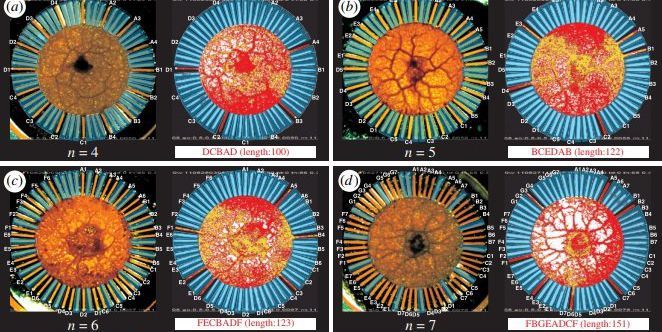
One small amoeba found a solution to the traveling salesman problem faster than our best algorithms. What does it know that we don’t?
The innovators and discoverers of tomorrow took centre stage in Chesterfield Inlet when Victor Sammurtok School (VSS) hosted its Elementary Science Fair on Dec. 4. Local fairs in schools across the region led up to the Kivalliq Science Educators’ Community’s (KSEC) Kivalliq Regional Science Fair, where students were vying for the right to represent the…
Dec 10, 2018
Amazon And Microsoft Claim AI Can Read Human Emotions. Experts Say the Science Is Shaky
Posted by Saúl Morales Rodriguéz in categories: business, information science, robotics/AI, science
Facial recognition technology is being tested by businesses and governments for everything from policing to employee timesheets. Even more granular results are on their way, promise the companies behind the technology: Automatic emotion recognition could soon help robots understand humans better, or detect road rage in car drivers.
But experts are warning that the facial-recognition algorithms that attempt to interpret facial expressions could be based on uncertain science. The claims are a part of AI Now Institute’s annual report, a nonprofit that studies the impact of AI on society. The report also includes recommendations for the regulation of AI and greater transparency in the industry.
“The problem is now AI is being applied in a lot of social contexts. Anthropology, psychology, and philosophy are all incredibly relevant, but this is not the training of people who come from a technical [computer science] background.” says Kate Crawford, co-founder of AI Now, distinguished research professor at NYU and principal researcher at Microsoft Research. “Essentially the narrowing of AI has produced a kind of guileless acceptance of particular strands of psychological literature that have been shown to be suspect.”

